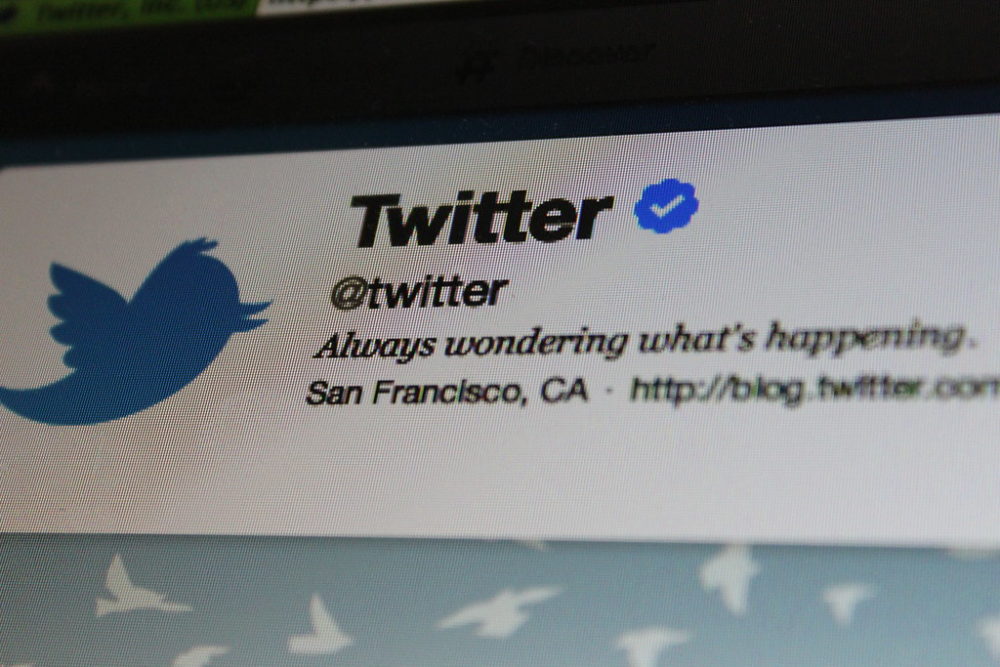
Photo Courtesy : FLIKR
Im addicted as much as the next guy
As information has gotten more accessible and fluid, humans have not changed one bit. We have not evolved a thicker skin or a faster brain, we are the same as we were when information was limited to what we read in the newspaper that day or what our friends told us at work. I don’t need to tell you what we have now.
There have been countless stories about the conflicting ways in which we obtain information. This is combined with people telling us to get off our phones or stay away from the news. We know there is a problem so here are ways in which I have tried to fix it.
Meditate. When you are knee deep in your Twitter, Facebook or YouTube news binge, stop, take a minute, and realize your thoughts. Are you in control of what is exciting you? Or is the algorithm? This gets to a very meta idea of self-awareness but it’s important. Many times I find myself looking at the internet for some sort of answer or conclusion that probably does not exist because my mind is not in control of what I’m doing.
Look at the content you are consuming. Really ask yourself: why you are attracted to the things you are? Evaluating your own excitement and intrigue will give you a baseline to work with, instead of falling for every clickable link or headline. The best way I have found to do this is by asking myself, What gives me long lasting pleasure and not just instant gratification?
In 2011 the Pew Research Center showed in a study of viral YouTube news videos that people are attracted to political upheaval and natural disasters. The earth quake and subsequent tsunamis in Japan stayed in the publics immediate interest for 3 weeks according to this data. Do these events bring us long lasting pleasure beyond initial intrigue? Probably not.
Know the difference between obsessive and disciplined information gathering. It does not take 24 hours of television news and internet outrage to become informed about subjects. The best baseline question we can ask ourselves in these circumstances would be Is this a problem that can be solved by simply observing its outcome? Watching peaceful, or not so peaceful protesters, take to the street does not give you a real sense of what is causing those protest.
In many ways the news is more of a distraction from nuanced opinion building or activism. If one reads a book about the American justice system they gain insight into the issue not just inflammatory rhetoric and rumors.
Actually look at how the news helps your life and the people around you. Covid-19 has made the news really personal in a way that it has never been in the past. We know this is because at one point the news had to do something we don’t see very often, calm the public down. For a minute there, the news had to bring the heat down in the timber box and stick to facts and prevention methods.
In many ways, people are still stuck in this hyper-aware state that leads them to be glued to the news even though the news might not be as personal now as it was in March. Newspeople know this, that’s why everything is framed as urgent or breaking.
Your click matters! In many ways this advice is more important than the last four. On September 23, for a good hour or so, the hashtag “#Trumpcoup” was trending. First of all, what a catchy “headline,” and second, what a broad idea. The conversation was sparked by Trump flat out saying he does not know whether he would accept the outcome of the election. It bloomed into speculation that Trump was going to instruct militias to burn ballots.
This is the motion of things online. More clickable oftentimes means more dramatic, or intense. As a human race, we need to see this as the enemy of truth. This may seem dramatic, but so is pizza gate or Birtherism. The solution is simple, your click is a vote, every like, retweet and share is a vote. Everyone needs to take their vote more seriously.
Anxiety should have its own mascot in 2020. Every time we turn around we are being told our lives are going to be changed dramatically, but then we look around and nothing has changed in our lives since March.
In many ways, this has led to the recognition of an old fraise “They have us right where they want us.” Glued to our phones or laptops looking for some sort of escape, that next rush.
I would like to say this list might help some escape the cycle but in many ways, our brains seem to be hard wired to it. All I can hope is that by acknowledging it we might one day find some piece between the outrage.
